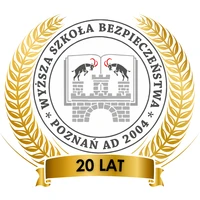Military
A military or armed force is a professional organization formally authorized by a sovereign state to use lethal or deadly force and weapons to support the interests of the state and some or all of its citizens. It typically consists of branches such as an Army, Navy, Air Force, and in certain countries the Marines and Coast Guard. The task of the military is usually defined as defence of the state, and its citizens, and the prosecution of war against another state. The military may also have additional sanctioned and non-sanctioned functions within a society, including, the promotion of a political agenda, protecting corporate economic interests, internal population control, construction, emergency services, social ceremonies, and guarding important areas. The military may also function as a discrete subculture within a larger civil society, through the development of separate infrastructures, which may include housing, schools, utilities, logistics, health and medical, law, food production, finance and banking.
Security
Security is freedom from, or resilience against, potential harm (or other unwanted coercive change) from external forces. Beneficiaries (technically referents) of security may be persons and social groups, objects and institutions, ecosystems, and any other entity or phenomenon vulnerable to unwanted change by its environment.
Security
To bargain freedom for security is the devil's bargain. Having made the bargain, one enjoys neither freedom nor security.
Gerry Spence, Give Me Liberty! Freeing Ourselves in the Twenty-First Century, Ch. 16 : Security, the One-Way Ticket to Slavery, p. 174 (1998)
Military
Nay, number itself in armies importeth not much, where the people is of weak courage; for, as Virgil saith, "It never troubles the wolf how many the sheep be."
Francis Bacon, "Of the True Greatness of Kingdoms and Estates," The Essays or Counsels Civil & Moral of Francis Bacon, p. 129 (1905). Bacon quoted the words of Thyrsis in Virgil's Eclogue VII.


